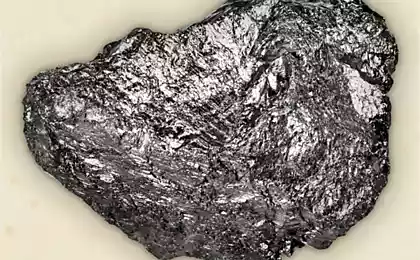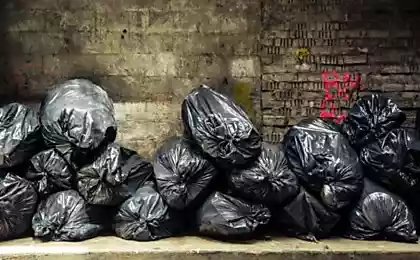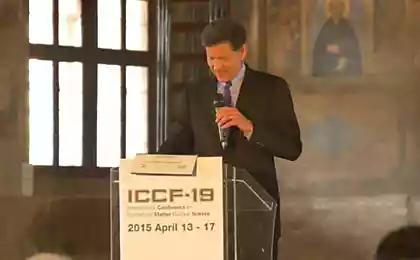223
China imposes unlimited fines for pollution
Pollution is one of China’s biggest problems
Chinese lawmakers have voted to change the country’s environmental policy for the first time in 25 years. The new law gives the government the ability to levy unlimited fines on businesses that pollute in a country considered one of the world's worst in terms of air quality and widespread pollution. The new laws, which are being introduced to prevent further pollution, will come into force on January 1, 2015. Chinese companies that violate the new rules could face unlimited fines. Their leaders are subject to public censure and can be jailed for up to 15 days. Local governments will also be held accountable for covering up environmental violations, while Chinese citizens will be encouraged for their "low-polluting and modest lifestyle" and "fulfill their environmental responsibilities."
Protecting the environment is everyone’s concern
It took more than two years of debate among the Chinese government to pass changes to environmental laws that would change the fines. In China, fines were so low that it was cheaper for companies to break emissions laws and regulations than to implement pollution control technology in factories. But in March, Chinese President Xi Jinping “declared war” on global pollution in the country, saying it was “nature already issuing the final warning against the model of inefficient and blind development.”
Recently, the news was officially published that an increasing number of families are leaving Hong Kong due to dangerous levels of air pollution. U.S. scientists fear that pollution in China, India and other Southeast Asian industrial economies will contribute to weather volatility and climate change worldwide.
China fights for cleanliness
Newly released Chinese government figures also show significant pollution in other areas of China's environment, including pollution of 16 percent of the country's soil, 20 percent of its farmland and 60 percent of all groundwater. China first passed environmental protection laws in 1989, but since then the country has grown significantly to become the world’s second-largest economy and largest producer of carbon dioxide, as the booming industrial economy was largely driven by the booming development of coal-fired power plants. Despite this fact, China is also the world’s largest producer of wind and hydropower, but the development of environmental technologies has not kept pace with energy demand.
Source: www.ecobyt.ru/























